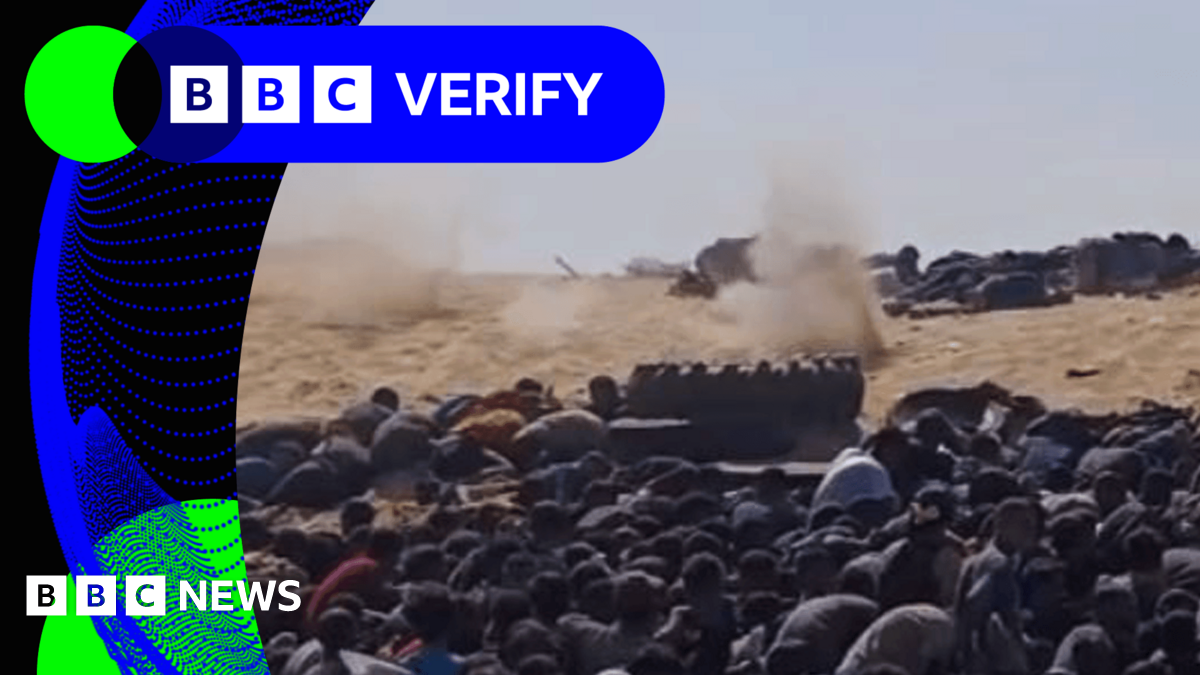Netanyahu's Government on the Brink: Ultra-Orthodox Dispute Threatens Coalition Collapse

Israel's political landscape is facing a potentially seismic shift as Prime Minister Benjamin Netanyahu's coalition government teeters on the edge of collapse. The source of the turmoil? A contentious proposal to mandate military service for yeshiva students – students engaged in intensive religious study – has triggered a fierce backlash from within Netanyahu's key Ultra-Orthodox (Haredi) political allies.
For decades, Haredi men have largely been exempt from mandatory military service, a cornerstone of Israeli society. This exemption is rooted in their commitment to full-time religious study, considered by many within the community to be a vital contribution to Jewish heritage and spiritual well-being. However, the growing debate surrounding conscription, fuelled by rising social and economic pressures, has led to renewed calls for equal burden-sharing across all segments of Israeli society.
The proposed legislation, aimed at broadening the pool of potential recruits and addressing concerns about the perceived lack of contribution from some sectors, has been met with staunch opposition from the United Torah Judaism (UTJ) party, a significant component of Netanyahu's coalition. Several members of UTJ have already publicly threatened to withdraw their support, and reports suggest that a complete collapse of the coalition is a very real possibility.
Why is this so significant? Netanyahu's government is already navigating a complex web of challenges, including ongoing judicial reforms that have sparked widespread protests and concerns both domestically and internationally. Losing the support of the Haredi parties would not only destabilize his government but could also trigger early elections, further prolonging the country's political uncertainty.
The dispute isn't just about military service; it’s a reflection of deeper tensions within Israeli society regarding the role of religion in public life, the fairness of the conscription system, and the distribution of resources. The Haredi community, which is experiencing rapid population growth, faces increasing pressure to integrate more fully into the workforce and contribute to the national economy.
What are the possible outcomes? The situation remains fluid, and several scenarios are possible. Netanyahu could attempt to negotiate a compromise with UTJ, perhaps by offering concessions on the scope or implementation of the conscription law. He could also try to broaden his coalition by seeking support from other parties, although this would likely require significant concessions of his own. Alternatively, the coalition could collapse, leading to new elections and a potential shift in the balance of power within the Knesset.
The coming days and weeks will be crucial in determining the fate of Netanyahu's government and the future direction of Israeli politics. The outcome of this dispute will have far-reaching consequences, not only for the stability of the country but also for its social and religious fabric. The international community will be watching closely, as the crisis unfolds and potentially impacts Israel’s regional standing.
Ultimately, this is a test of Netanyahu's leadership and his ability to navigate the complex and often conflicting interests of his coalition partners. The stakes are high, and the consequences of failure could be profound.






